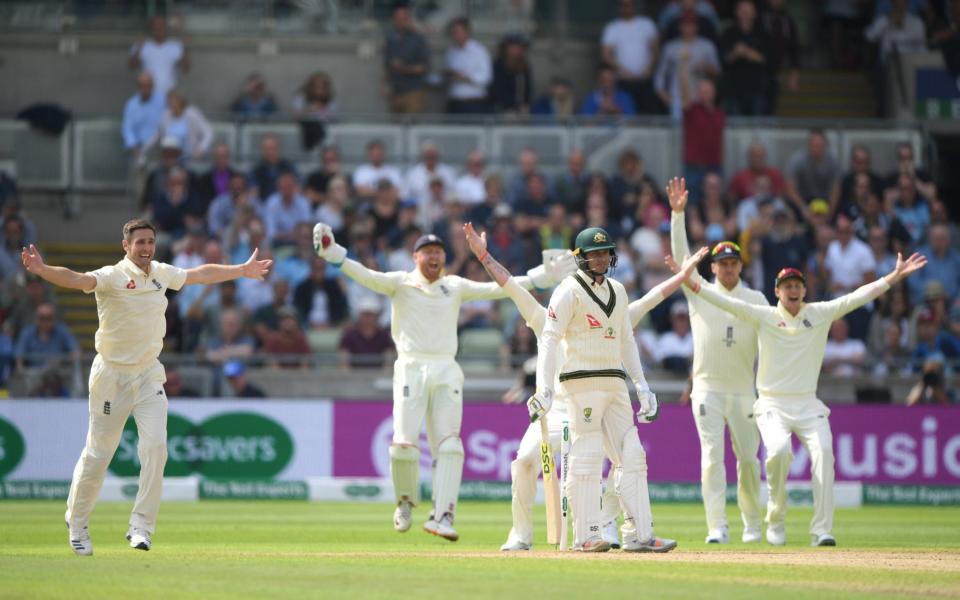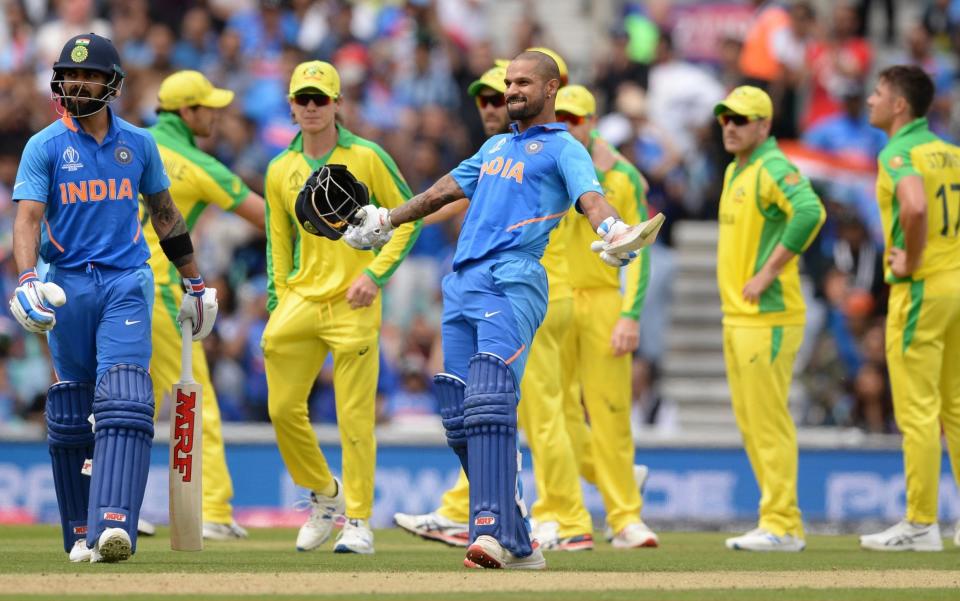Special report: How coronavirus will change cricket as we know it forever

Long before Covid-19, cricket was already in a state of flux. Questions about how the three formats of the game can co-exist, the balance between club and international cricket, how to expedite the growth of women’s cricket and inequalities between countries already loomed as decisive for cricket’s trajectory in the 2020s. The global pandemic has made all these issues more salient. As Telegraph Sport reports today, a decade’s worth of changes to the sport could now take place within a year.
As countries try to stay afloat in the short-term, the need for tours from England and - especially - India will be greater than ever. Given the willingness of the West Indies and Pakistan to fulfil their tours this summer, England will feel conscious of the need to act in the same collective spirit. Even if Covid-19’s direct impact on international cricket in the 2020/21 winter can be minimised, the financial damage suffered by countries as sponsorship and broadcasting revenue are affected will be profound.
Necessity may well drive innovation. Three years ago, Australia played a home Twenty20 international the night before beginning a Test match in India. In the years ahead, it is possible to imagine red and white ball teams - especially from India and England - touring different countries simultaneously, playing limited-overs games in one country in the break between Tests in another in a way that protects the finances of other nations.
“The most significant factor is the impact this will have on the Indian team,” explains Jon Long, the former head of strategy at the ICC who now runs the consultancy Bayridge Sports. “All other cricket boards will be desperate for their home series against India to go ahead.”
Paradoxically, this pressure for more cricket will coexist with pressure for less cricket. All countries will want to play more of the most lucrative games - but they are also “going to have to really, really scrutinise where the loss-making cricket is,” says Wasim Khan, the chief executive of the Pakistan Cricket Board.
Most Test matches not involving one of Australia, England and India lose in the region of £400,000 net, so there are likely to be fewer Tests played in the future. There could also be a further exploration of reducing Tests to four days, which some hope could save 10-15 per cent of the net costs.

The economics of limited-overs games are altogether better, but some fixtures also lose money. “If the broadcast revenues fall significantly, then more and more series outside of England and India matches, in particular, are going to become unviable,” warns Johnny Grave, the chief executive of Cricket West Indies.
Naturally, the IPL looms largest in cricket’s immediate restart plans. This year’s competition could now run from late September to November, with the men’s T20 World Cup likely to be postponed. If the 2021 IPL is played in its normal slot of April and May, the tournament would run for four months out of eight, limiting the time for countries to stage home internationals. Such stresses could become even more acute, with growing support in India for the IPL to expand, probably from 2023.
Indeed, the coronavirus pandemic may well accelerate the rise of club cricket. Overseas travel could become more cumbersome and expensive, making domestic competitions more important for those few countries able to generate major revenue from their tournaments - and potentially encouraging boards like England to embrace private investment in competitions. Greater emphasis on domestic cricket will, like many aspects of the crisis, contribute to greater inequality, with the economic advantages enjoyed by India and England - and, to a lesser degree, Australia - becoming even more pronounced.
At a recent ICC call, Tom Harrison, the ECB’s chief executive, described world cricket as a family of nations, stressing the need for unity. And while there are promising signs - certainty, cricket can be said to be having a better crisis than football or rugby - whether the family can stick together will depend on decisions for the collective good of the sport being taken.

Naturally, this is a discussion about money. Countries from outside the big three will call for the ICC to make its global distribution model more equitable - which is linked to debates about the shape of the global calendar from 2023 - and for the IPL to do more to compensate boards for giving the competition a de facto window.
Economic imbalances in the sport are such that the West Indies, England’s first opponents this summer, only earn £12 million-a-year from broadcasting rights; England earn £220 million. Grave has already advocated that touring teams receive one-fifth of what the hosts earn for a series, similar to the system that existed until 2001. There may also be calls for the ICC to do more to safeguard Test cricket, with Zimbabwe’s director of cricket Hamilton Masakadza pushing for the reintroduction of the Test Cricket Fund. Who leads the ICC to navigate these debates is an intriguing point, with reports that Sourav Ganguly, the BCCI President, may now run to be ICC chairman in the elections later this year.
For all the uncertainties ahead, there is agreement that Covid-19 will change the global game forever; some even dare to hope it will do so for the better. “The calendar from hereon in will look very different,” says one insider. “They’ve got to rip it up and start again and use this as the opportunity to do so.”

 Yahoo Sport
Yahoo Sport 





































